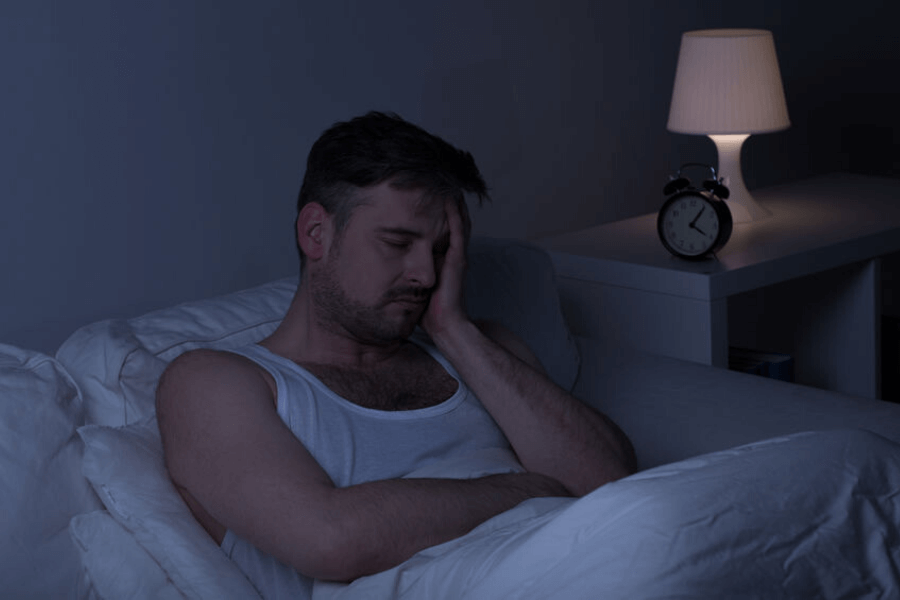If you have problems falling asleep or sleeping soundly, it might be worth giving CBD a try. That’s because a growing number of studies are showing that CBD may help with anxiety by working as a sedative.
What is CBD?
Contrary to what many believe, the cannabis plant isn’t just harvested to for its ability to get people “high.” The plant’s compounds—called cannabinoids—both affect the brain, but not in the same way.
While the cannabinoid tetrahydrocannabinol (known as “THC”) is impairing, another psychoactive cannabinoid, CBD, is not.
Research on CBD and sleep
In the journal Pharmaceuticals, researchers published their findings on CBD and sleep, comparing it to a placebo. They found that 160 mg of CBD increased sleep duration.
Another study, which was published in The Permanente Journal, showed that 25 mg was the most effective dosage to help with anxiety, which is known to impair sleep. But the researchers did follow-ups months later that seem to indicate CBD is only a short-term solution, not a sustained solution.
That same study showed that when participants took either 300 mg or 600 mg of CBD oil, their cortisol levels decreased significantly, acting as a sedative. That’s because cortisol, the stress hormone that is normally at its peak in the morning, tends to have higher levels at night.
Other CBD uses
In addition to being helpful for insomnia, anxiety and generally supporting sleep, CBD has been shown to help with nausea, vomiting, inflammation, opioid addiction, high blood pressure, diabetes and some types of acne and other psychiatric disorders.
The Food and Drug Administration has approved its first CBD-based medication, Epidiolex, to treat severe and rare forms of epilepsy.
Although very few risks have been reported, it’s best to talk to your doctor before starting CBD, especially if you have schizophrenia, take medication or are trying to get pregnant.




